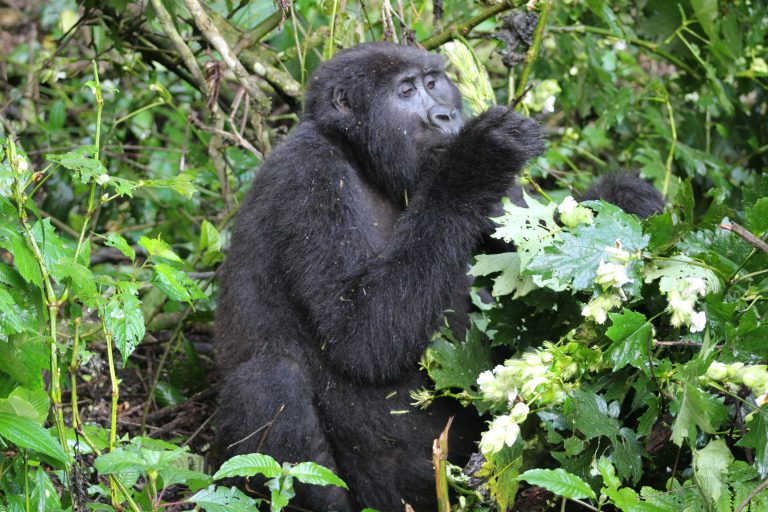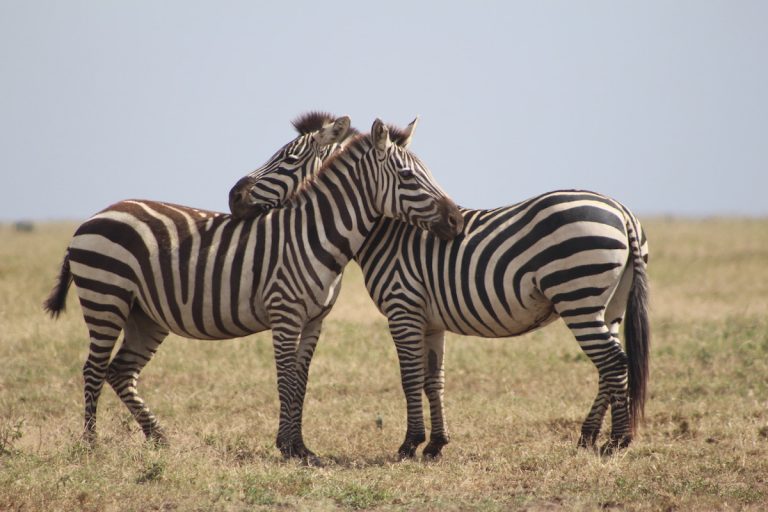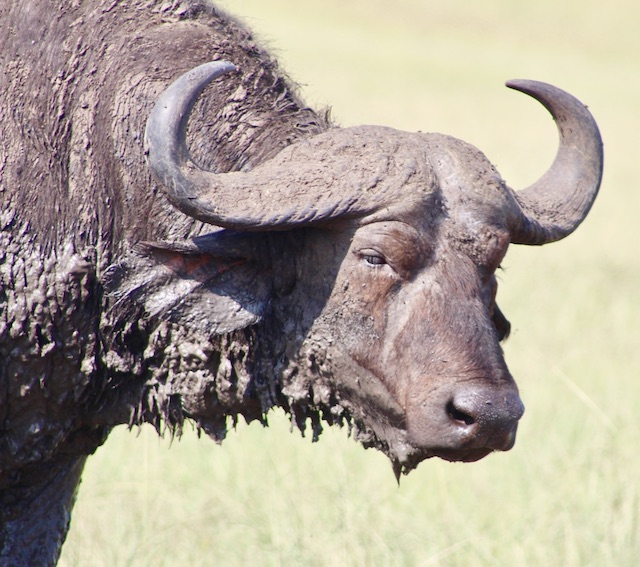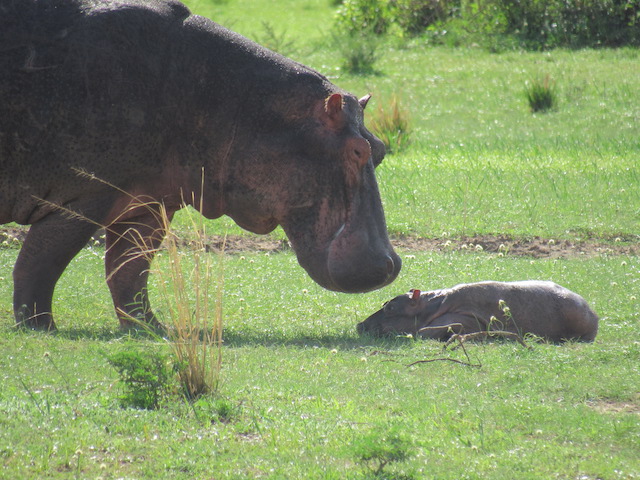Without a doubt, Rwanda’s most known tourist attraction is the mountain gorillas. These benevolent but endangered creatures in Rwanda are found in Volcanoes National Park. Hundreds of people flock the country all year round to spend an hour in the presence of these large primates in their habitat of volcanoes national park in the north of the country.
Most travelers to Rwanda do not know what else to explore beyond the gorillas. Rwanda is home to other primates which can be explored in Nyungwe national park, Akagera national park, Gishwati-Mukura national park, museums, cultural village and city tours. The country hosts the NBA Africa, Cycling competitions, Volley ball and other sports activities
Besides her economic development, the country boasts of being the land of a thousand hills from the capital Kigali to its surrounding areas. The spectacular views these hills provide leave you in awe of the beauty of the land and a wonder of what more there is to this land?
To do in Rwanda,
Other Primates
Though Rwanda is famous for the mountain gorillas, the country is also home to other 10 primate species that include chimpanzees, golden monkeys, baboons, columbus monkeys and others. Nyungwe National Park offers chimpanzee trekking and colobus monkey trekking in this forest. Volcanoes National Park offers golden monkey trekking beyond the gorillas.
Other wildlife
Wildlife in Rwanda is not limited to primates, the country is home to the big five – the lions, elephants, rhinos, buffaloes and leopards together with other savannah mammals which are found in Akagera National Park. You will encounter some of these wildlife while on a game drive, boat safari on Lake Ihema and nature walks.
Kigali City
Rwanda’s capital and the main business hub in the country is the centre of the thousand hills. Before you move out of the city you should take some time and explore this scenic city, you will be amazed by what you find. You can experience Kigali on a one day or two days tour that takes you to the most iconic places in the city including the Genocide memorial centre, several Art museums, the local markets especially the Kimironko market, the morden convention centre among other places. All through your tour you will interact with locals and you will undoubtedly learn more about Rwanda, the people and the culture.
Mountain climbing
Rwanda is home to several volcanoes that offer a challenge for anyone interested in mountain climbing /hiking. The mountains open for hiking as a separate activity are Mt. Karisimbi which is the highest in Rwanda at 4507m, Mt Muhabura at 4217m, Mt. Bisoke at 3700m and the little Mt Kibuye at 2700m. Hiking any of these mountains is open to the public all year round but you have to book your hiking trip in advance. The hikes take between one to two days. You will enjoy views of the virunga region – unique flora and fauna, landscape and views of villages among other things.
Canopy Walk and Waterfall hikes
You will enjoy views from the top on a canopy walk in Nyungwe forest. This 70m high walkway hinged on trees in the Nyungwe forest will give you an opportunity to enjoy bits of the forest, the region and the surrounding from the top. And on top of the scenic views the canopy experience is exciting, thrilling and unforgettable.
Nyungwe forest is also a hub of waterfalls – the largest and most famous waterfall is Kamiranzovu. Visitors to this park get to experience the spectacular waterfalls on hikes and refreshing walks. This activity is quite adventurous and relaxing at the same time.
Lake Kivu
Lake Kivu is Rwanda’s largest freshwater body and largest water body in the country. Rwanda shares this lake with the Democratic Republic of Congo and is sometimes used as a mode of transport for people crossing between countries. The lake’s crystal blue waters are perfect for unwinding and relaxing after a long day of other activities. You can watch the sun reflect on the waters as it sets. Activities usually done at the lake include kayaking, boat rides, fishing – though most of the fishing on the lake is commercial. You can decide to take a walk and visit the fishing communities to learn more about the area, the locals and lake.
Other water bodies you can explore in the country include the twin lakes Burera and Ruhondo, Lake Ihema, lake Shakani, lake Gishanju and Lake Mihind all found in Akagera National Park.
Rwanda Community tours
From village walks, visiting art and craft shops to visiting cattle farms, community tours are a great way to experience Rwanda, learn about the culture and the people. These tours are exciting and refreshing – great diversion from wildlife safari activities. The tours also help improve the livelihoods of the locals. If you purchase something from the locals, you contribute to the betterment of their lives. These can be done alongside a longer safari to the country or you can request for a safari to only communities.
The King’s palace museum
This is one of Rwanda’s eight national museums. Before colonial rule, Rwanda had kingdoms and their royal families lived in palaces like this one, the palace museum is a replica of the king’s palace with a grass thatched roof and a fresh milk hut organized and looked after by unmarried women. At this museum, the country’s love for cattle is very much evidenced here as the sacred cows welcome you. All day long, the cows are sung to by the traditional singers at the palace.This palace gives you a feel of what traditional Rwanda looks like and helps you learn more about the country’s traditional history.
The Genocide Memorial, Kigali.
What is a visit to Rwanda without reaching the genocide memorial ground? In 1994, thousands of people lost their lives in the genocide which left wounds that the country has had to recover from ever since. The genocide has shaped so much of what Rwanda is as it continues to rebuild from the ruins – several centers tell the story of what happened and what was with hope that as you watch these memories you will appreciate the far Rwanda has come and contribute to its bright future.





